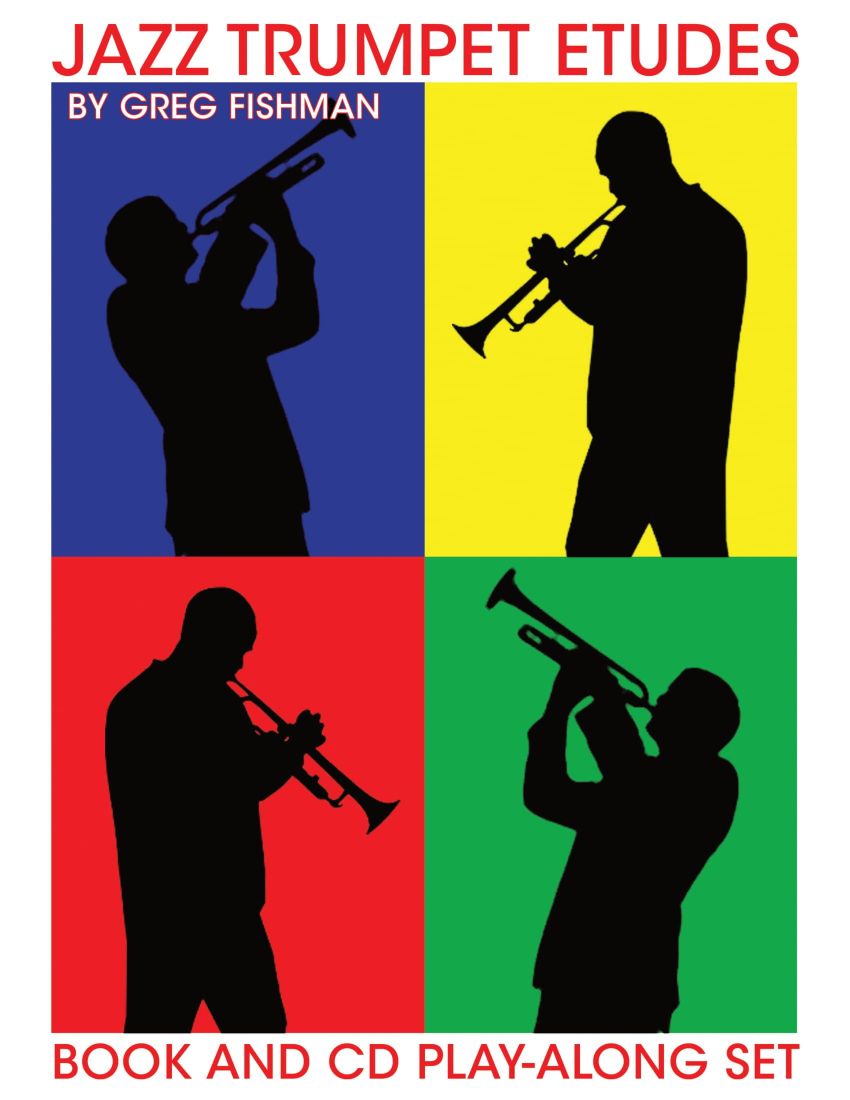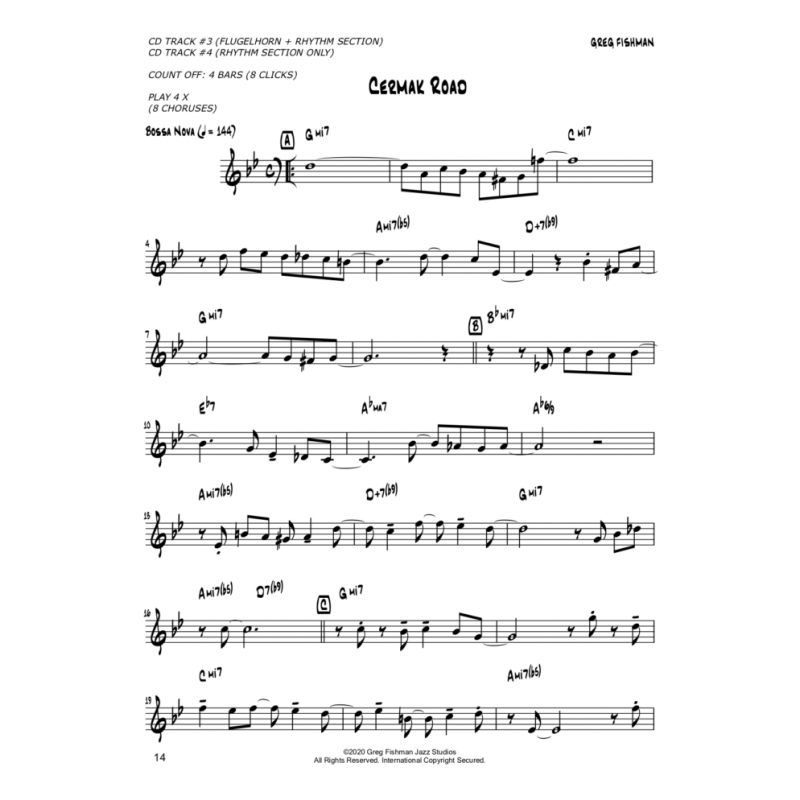
Hip-hop flavors and elements from drum’n’bass and African music also permeate Truffaz’s consistently interesting and fiercely contemporary work. Space and a minimalist less-is-more aesthetic are the chief characteristics of this Switzerland-born Frenchman’s sound, which is indebted to Miles Davis’ avant-funk 70s work, especially in his creative use of electronic sound effects. A versatile trumpeter who could play jazz, R&B, and pop, Belgrave was also a noted and highly respected teacher. He studied with Clifford Brown in the 50s but ended up playing R&B with Ray Charles for several years and then, in the 60s, performed on Motown sessions. Though he was born in Pennsylvania, Belgrave was a key player on the Detroit jazz scene in the 50s, 60s, and 70s. Partial to a horn of plenty? Look no further than our rundown of The 50 Best Jazz Trumpeters Of All Time…

They are all part of a long lineage that stretches right back to the legacy of Louis Armstrong. More recently, Roy Hargrove, Christian Scott, and Ambrose Akinmusire have demonstrated that there’s no shortage of talented horn men waiting to break through into the spotlight. No small number of the world’s best jazz trumpeters have emerged in the last 30 years, the most significant of which has been Wynton Marsalis. In the 70s, when jazz-fusion and jazz-funk came to the fore, Miles Davis led the way once more, closely followed by Woody Shaw and Eddie Henderson.
JAZZ ETUDES TRUMPET FREE
Clifford Brown, too, cast a deep spell during the early 50s and helped to shape the trajectory of jazz trumpet playing.Ī steady stream of trumpet players emerged in the 60s, including innovators such as free jazz maven Don Cherry and micro-tone experimentalist Don Ellis. Though he would go on to influence the development of jazz music into the 70s, Davis would have earned his place among the world’s best jazz trumpeters for his work in the 50s alone, and had a profound influence on jazz musicians everywhere.

JAZZ ETUDES TRUMPET HOW TO
Though not as technically accomplished as Gillespie, Miles had a lyrical tone and knew how to use space, light, and shade. The bop era produced a welter of other fine trumpeters, but one, in particular, stood out from the crowd: Miles Davis.

But Dixieland jazz was superseded by big band swing in the 30s which gave rise to a new breed of horn man, epitomized by Hot Lips Page, Cootie Williams, and Harry “Sweets” Edison, who played with the day’s pre-eminent bandleaders, among them Count Basie, Artie Shaw, and Duke Ellington.Īs swing gave way to bebop in the mid-40s, one of the new music’s architects, puff-cheeked wind machine Dizzy Gillespie, gave jazz trumpet a complete makeover. In Armstrong’s wake came trumpeters such as Doc Cheatham, Muggsy Spanier, and Bix Beiderbecke – all contenders for the best jazz trumpeter crown. Armstrong wasn’t the first notable jazz trumpeter in history – he was superseded by Buddy Bolden, Bunk Johnson, and cornet player King Oliver – but he was more significant, combining virtuosity with popular appeal and, with his Hot Five and Hot Seven recordings in the late 20s, lit the touchpaper to what became known as the Jazz Age.


 0 kommentar(er)
0 kommentar(er)
